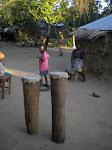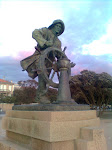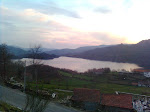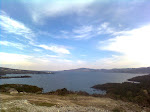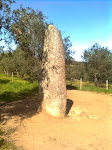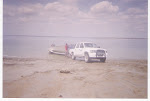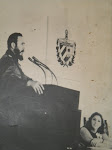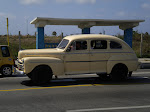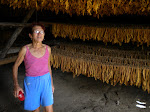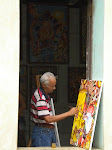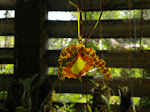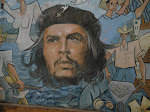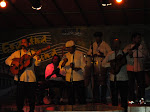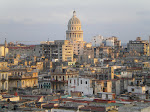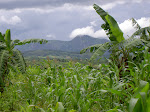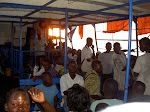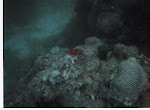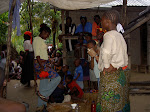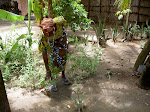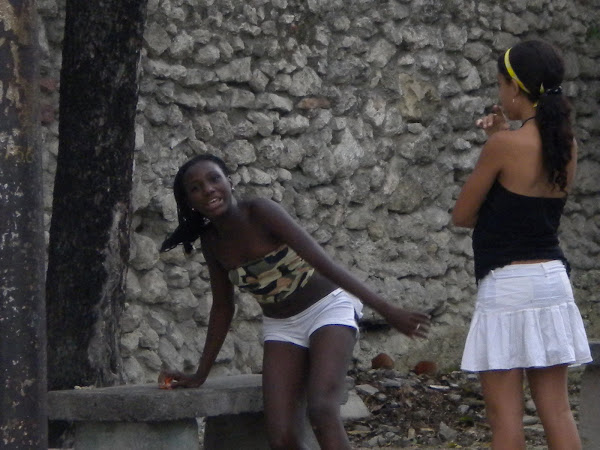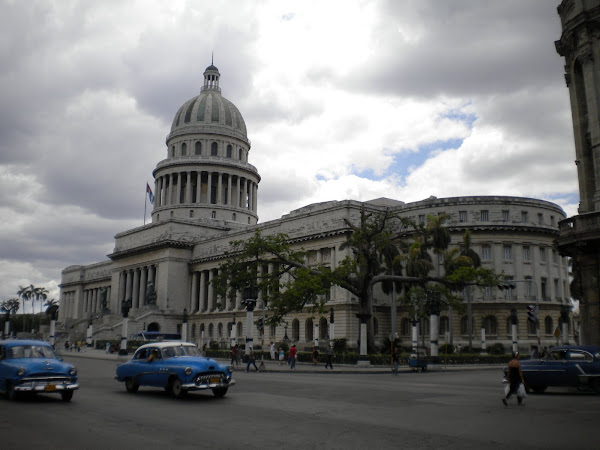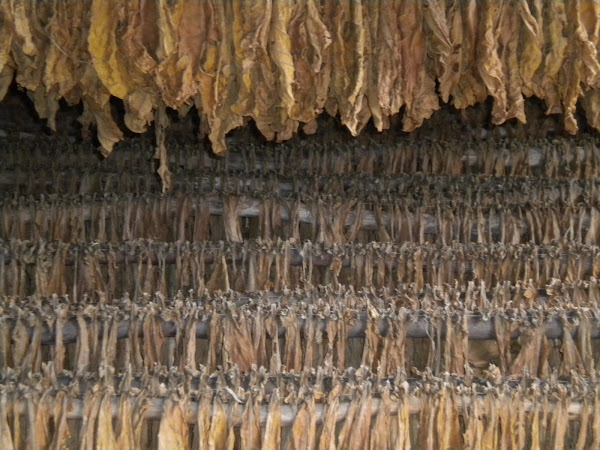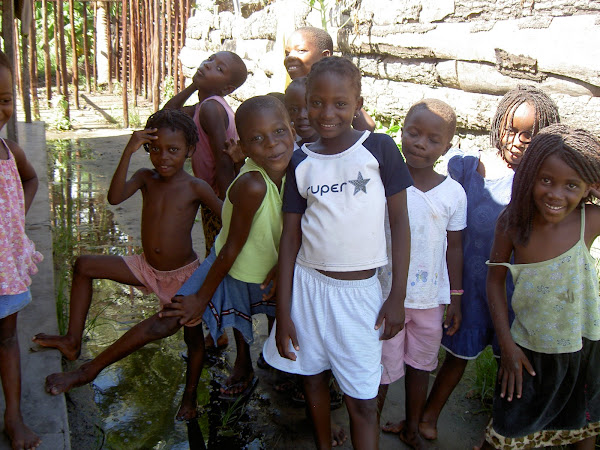In southern Africa, the
fortress of white power began to crumble. During the 1960s, nationalist movements
launched a succession of guerrilla wars to oust the Portuguese from Angola,
Mozambique ang Guinea – Bissau, a small west African colony, using neighbouring
African territories as bases from which to recruit and train supporters and to
gather arms. Guerrilla attacks were confined initially to border areas but steadily
spread. The drain of fighting three simultaneous wars sapped Portuguese
manpower and morale and led to growing disaffection among the officer corps and
army conscripts. In April 1974, the Portuguese militar seized power in Lisbon
and promptly opened negotiations to withdraw from Africa. In Guinea – Bissau,
negotiations were conducted relatively swiftly. By September 1974, Guinea –
Bissau was recognised as an independente republic. But the transition to
Independence in both Mozambique and Angola was marked by confusion and chaos.
In Mozambique, the entire
colonial administration fel into disarray. As Portuguese forces withdrew from
the field, Frelimo guerrillas poured into áreas of central Mozambique
unopposed. Frightened by Frelimo’s revolutionary rhetoric and fearing revenge
attacks, hundreds of white settlers in rural areas abandoned their homes and
fled to the coast. A mass exodus of whites was soon underway. In protracted
negotiations with the Portuguese, Frelimo demanded recognition as the “sole
legitimate representative of the Mozambique people” and the unconditional
transfer of power without prior elections. The outcome was that in September
1974 Portugal agreed to hand over power exclusively to Frelimo after a
nine-month transition period. The white exodus gathered pace. By the time that
Mozambique gained its Independence in June 1975, the country had lost not only
most of its administrators and officials, but also managers, technicians,
artisans and shopkeepers. In all some 200.000 whites fled Mozambique,
abandoning farms, factories and homes.
Undaunted by the crippling
loss of skilled manpower, Frelimo’s leader Samora Machel embarked on a
programme of revolutionary action intended to transform Mozambique into a
Marxist – Leninist state. In a series of decrees, Frelimo nationalised
plantations and businesses; introduced central economic planning; and ordered
collective agricultural production. With similar fervour, Machel sought to root
out “traditional” customs and land practices and to eliminat the influence of
chiefs and headmen. The Catholic Church and its adherents were another target.
Frelimo ordered an end to public religious festivals, took over church property
and terminated church involvement in education and marriage. Traditional
religions were also denounced. The consequences were disastrous. Machel’s
policies provoked widespread discontent that eventually helped fuel fifteen
years of civil war.
The transition in Angola was
even more turbulent. Three rival nationalist factions fought among themselves
to gain power, transforming a colonial war into a civil war, causing the flight
of almost the entire white population and drawing the Soviet Union and the United
States into a perilous Cold War confrontation by proxy. What was at stake was
control of Angola’s oilfields and diamond mines.
All three factions relied for Support
from diferente ethnic groups. The home base of Holden Roberto’s FNLA was
Bakongo territory in northern Angola. Agostinho Neto’s MPLA was rooted in
Kimbundu areas around the capital, Luanda. Jonas Savimbi’ Unita movement gained
a following among the Ovimbundu in the central highland districts of Huambo and
Bié. All three factions were weak and disorganised. They made no serious effort
to reach a negotiated settlement but instead looked to foreign sponsors to give
them supremacy.
In the ínterim, the Portuguese
attempted to organize a coalition government to prepare the way for elections
and Independence in November 1975. But shortly after it was set up in January
1975, the coalition collapsed amid heavy fighting in Luanda. Supplied by
weapons from the Soviet Union, the MPLA drove the FNLA and Unita out of Luanda
and gained tentative control of other urban áreas. A mass exodus of 300,000
followed, causing the colapse of government services and the economy. As
Independence day approached, the United States and South Africa threw their weight
behind behind the FNLA and Unita in a concerted effort to prevent the MPLA from
taking power in Luanda. South African forces invaded from South – west Africa,
aiming to link up with the FNLA in an assault on the capital. What saved the
MPLA from defeat was a massive intervention by the Soviet Union and the arrival
of thousands of Cuban troops. An intermitente civil war continued for the next
twenty-seven years.
The colapse of Portugal’s
African empire presented new dangers for the white rulers of Rhodesia. Small
bands of nationalist guerrillas had been infiltrating across the norther border
from basis in Zambia and Mozambique’s Tete province since 1972, but the
government’s counter – insurgency mesures had been largely successful in containing
them. To help shore up Rhodesia’s defenses, South Africa had dispatched large
numbers of combat police to the área, regarding the Zambezi river rather than
the Limpopo as its own frontier line. But the end of the Portugueses rule meant
that Rhodesia’s entire eastern border, some 760 miles long, was now vulnerable
to infiltration by guerrilla groups operating freely from bases in Mozambique.”
Martin Meredith. The fortunes of Africa, a 5,000 year history of
wealth, greed and endeavour. Simon & Schuster, London, 2014.











































































































































































































































































































































































































































































































































































































































































































